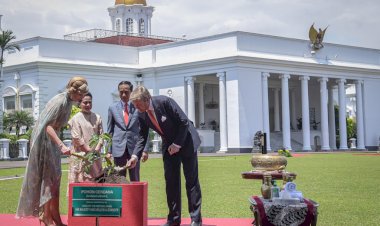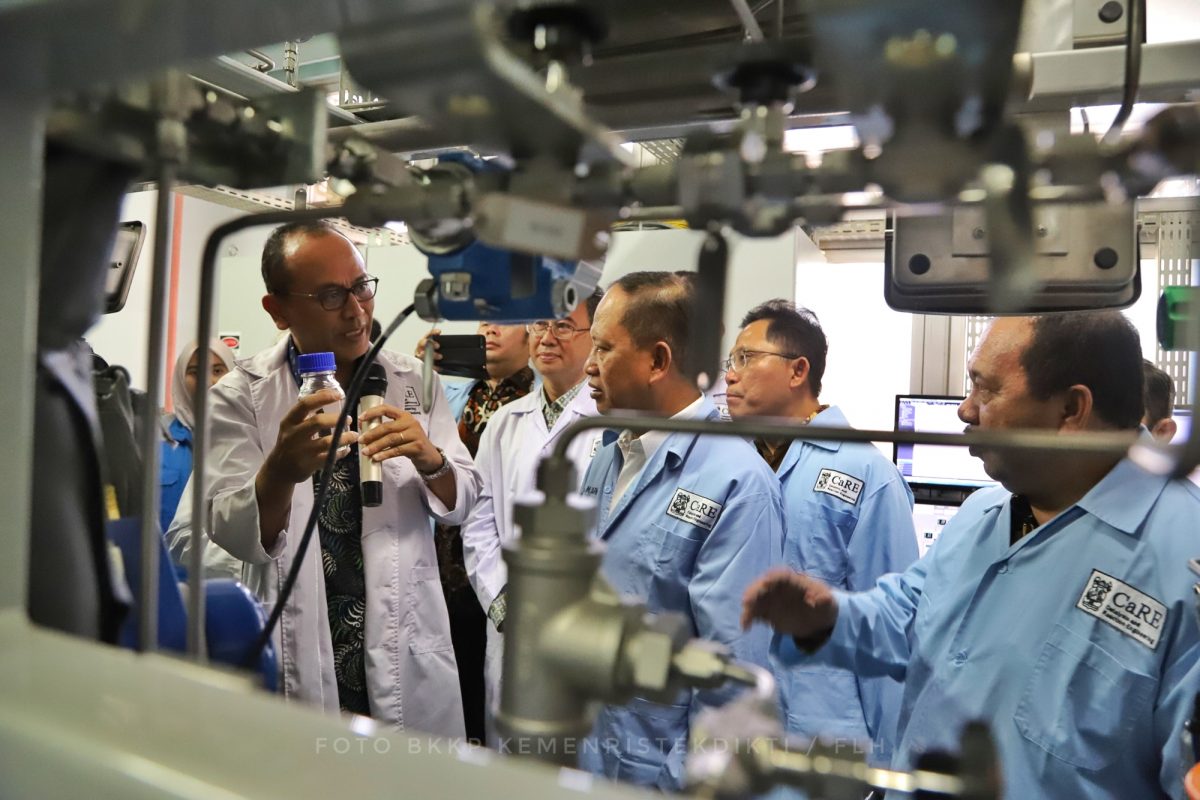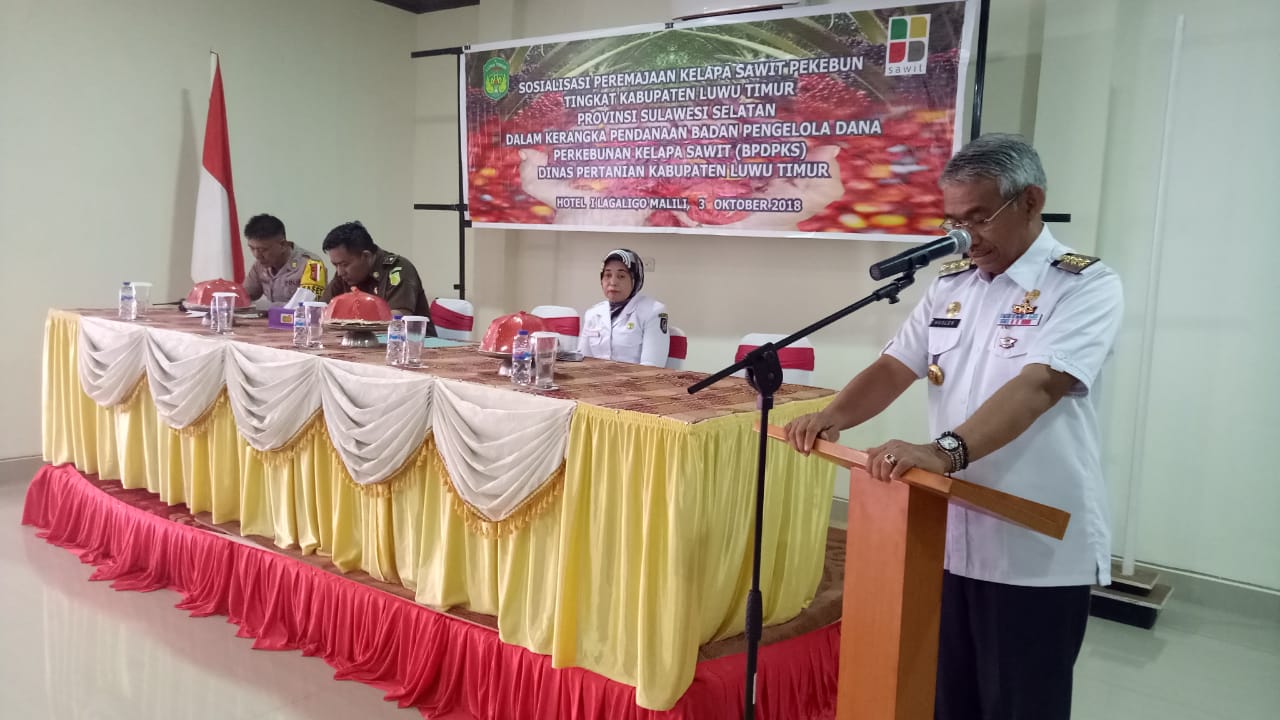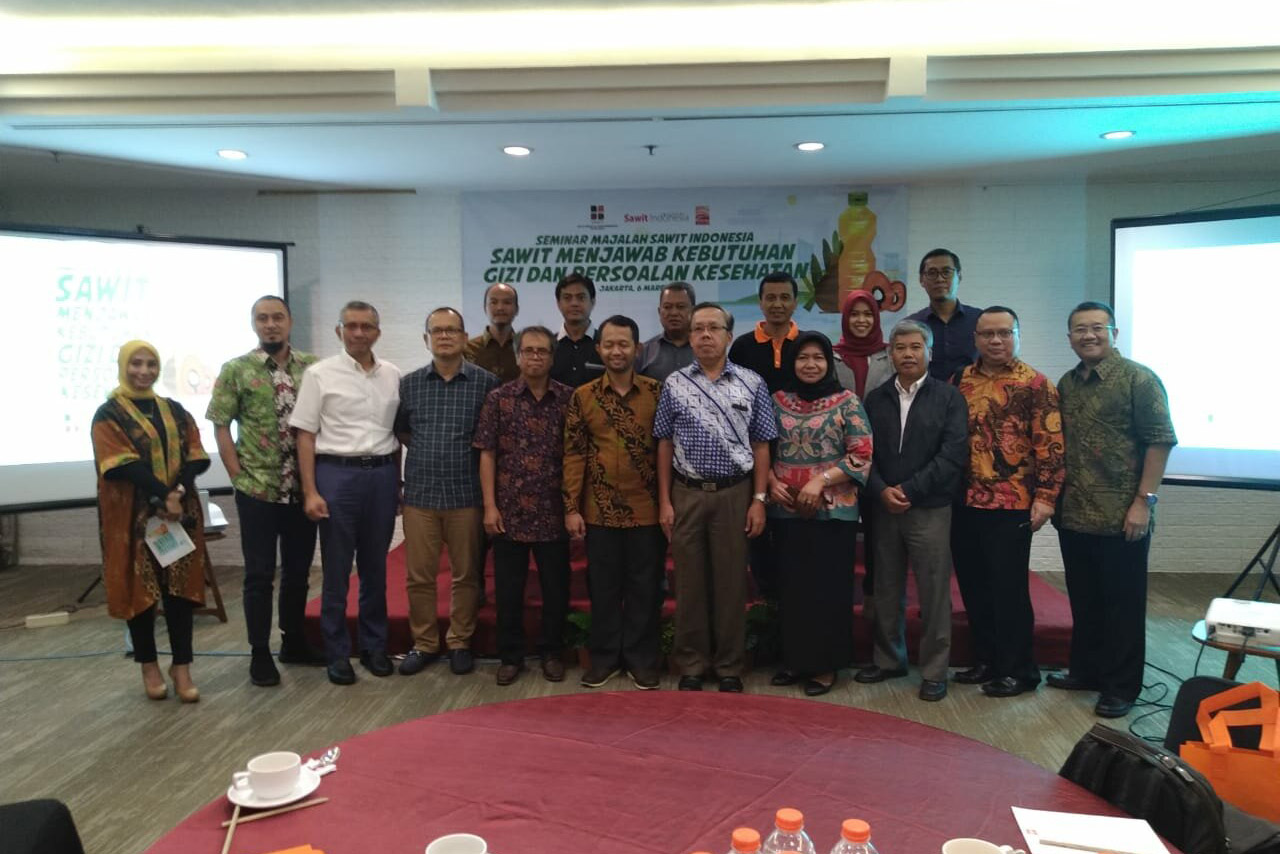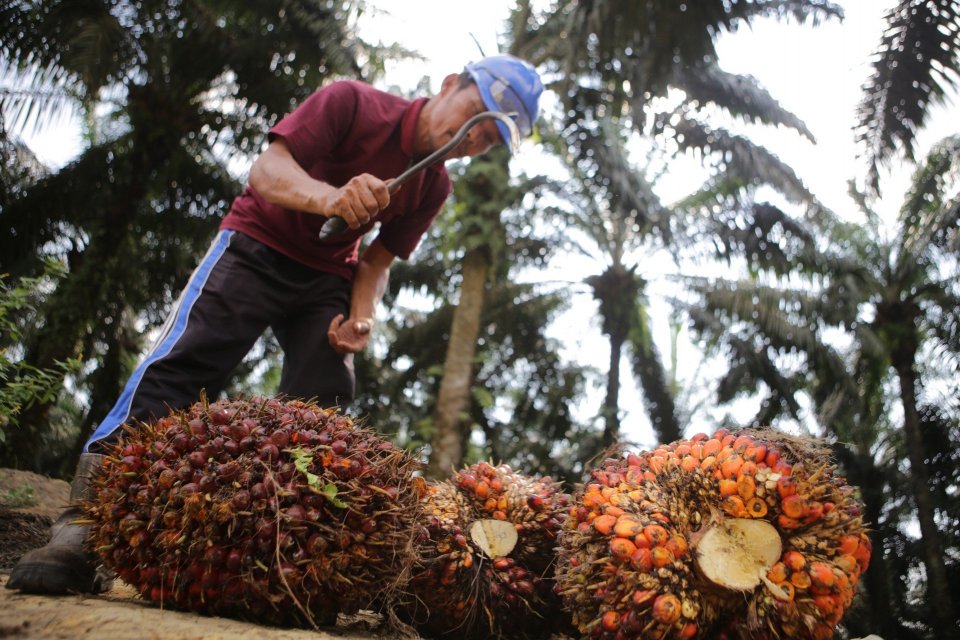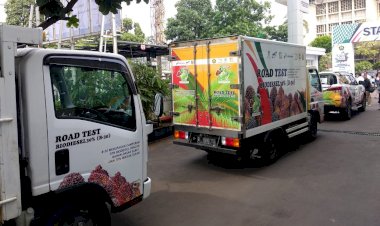European Union to Strengthen Indonesia Sustainable Palm Oil
The European Union (EU) is ready to work with Indonesia on how existing certification schemes could be further strengthened and promoted. On its Fact Sheet published on 20 September 2018, the EU suggested that to be fully inclusive, a future `sustainable Palm Oil solution` does not have to put the burden of certification on individual `small farmers”.
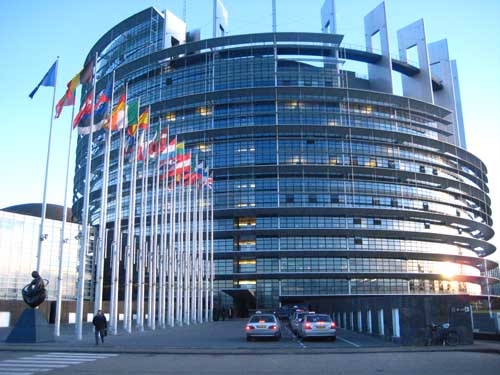
The European Union (EU) is ready to work with Indonesia on how existing certification schemes could be further strengthened and promoted. On its Fact Sheet published on 20 September 2018, the EU suggested that to be fully inclusive, a future `sustainable Palm Oil solution` does not have to put the burden of certification on individual `small farmers”. Group certification and landscape approach could also be explored. It’s also said that The EU does not require sustainability measures to be commodity-specific. The EU is committed to addressing all potential drivers of deforestation (e.g. soy, beef, cocoa, coffee, timber etc). On the fact sheet, The EU also claimed that there are no trade barriers or discriminatory legislation towards Palm Oil. EU tariffs (0 to 10.9%) are also low in comparison with other export markets. EU Palm Oil imports from Indonesia (over €2.4 billion/year) increased by 27% in the year of 2017 compared to the year of 2016. After the record year of 2017, EU imports of palm oil from Indonesia in the first 7 months of 2018 are back to 2016 levels at 2 million tons. Imports in the past five years have been relatively stable at an average of 3.6 million tons or €2.3 billion per year. Indonesia`s market share in the EU remains the largest at 49 %. The EU claimed that there is no EU legislation on Palm Oil labelling. `Palm Oil free` campaigns are an expression of the genuine environmental concerns of consumers as well as manufacturers. ***

